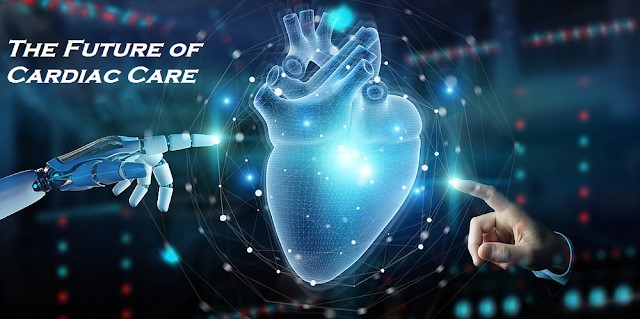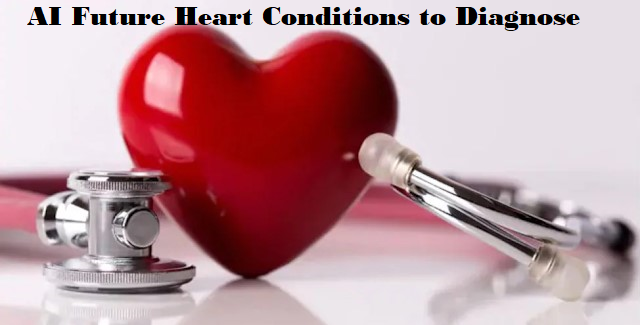A ground-breaking AI heart scan has been released by Fountain Life, a prominent provider of health technologies, to identify heart issues before any symptoms appear. This tech business has demonstrated how AI is applied in healthcare in this regard. After injecting a straightforward dye into the vein, this minimally invasive outpatient treatment concludes with a short CAT scan of the heart.
According to Geo News, when the AI technology has analyzed the scan findings, it may spot plaque formation and offer important insights into heart health. Healthcare has not been exempt from the fast changes brought about by artificial intelligence (AI) in recent years. The AI heart scan, a cutting-edge device that may predict future heart issues and help with early diagnosis, is one outstanding example of AI’s use in the medical profession.
With its proactive approach to controlling heart health, this ground-breaking instrument has the potential to completely change the way that cardiac care is provided. We shall examine the operation of AI heart scans, their advantages, and their implications for cardiovascular health in the future in this article.

The ability of an AI Heart Scan to predict the likelihood of a heart attack years before any symptoms appear is one of its most astounding features. Patients may be informed of these possible hazards three, five, or even 10 years in advance, enabling them to take preventative measures to fight heart disease and enhance their cardiovascular health.
By working with doctors and healthcare professionals, Fountain Life hopes to increase the accessibility of its AI health services. The long-term objective is to change the paradigm of healthcare from one that is reactive to one that is more proactive and focuses on the early diagnosis and prevention of chronic illnesses. To ensure great accuracy and dependability, the AI model used in the scans has been thoroughly trained on datasets that also contain asymptomatic diseases.
Artificial intelligence (AI) heart scans can detect suspected cardiac issues early, enabling prompt action and minimizing diagnostic blunders. AI systems provide more accurate diagnoses by continually learning and increasing precision, which ultimately benefits patients and medical personnel. AI heart scans are revolutionizing cardiac care by enabling early detection of heart conditions, personalized risk assessments, and improved treatment strategies.
As the technology evolves, it will become more accessible, cost-effective, and integrated into routine healthcare practices. Despite challenges, the potential to revolutionize cardiac care is undeniable, making AI heart scans a vital tool in preserving heart health and enhancing overall well-being.

Instead than replacing cardiologists, Fountain Life sees AI as a potent tool to bolster their diagnostic abilities. While there may be certain obstacles to the application of AI in healthcare, such as the clinical latency gap and payment structures, Fountain Life is committed to enhancing patient outcomes by tackling health problems at their source.
Fountain Life provides a thorough full-body MRI that employs AI technology to detect numerous abnormalities, such as cancer and neurological illnesses, in addition to the ground-breaking heart scan. Cardiologists are aware of the enormous promise that AI has for facilitating early identification and directing therapy choices. Patients who have had the AI Heart Scan express profound gratitude for the possibility for saving lives offered by this cutting-edge technology.
AI heart scans, sometimes referred to as predictive cardiac analytics, analyze patient cardiac data using cutting-edge algorithms and machine learning. These scans may analyze data from a variety of sources, including health monitoring in real time, genetic predisposition, lifestyle variables, and medical history.



